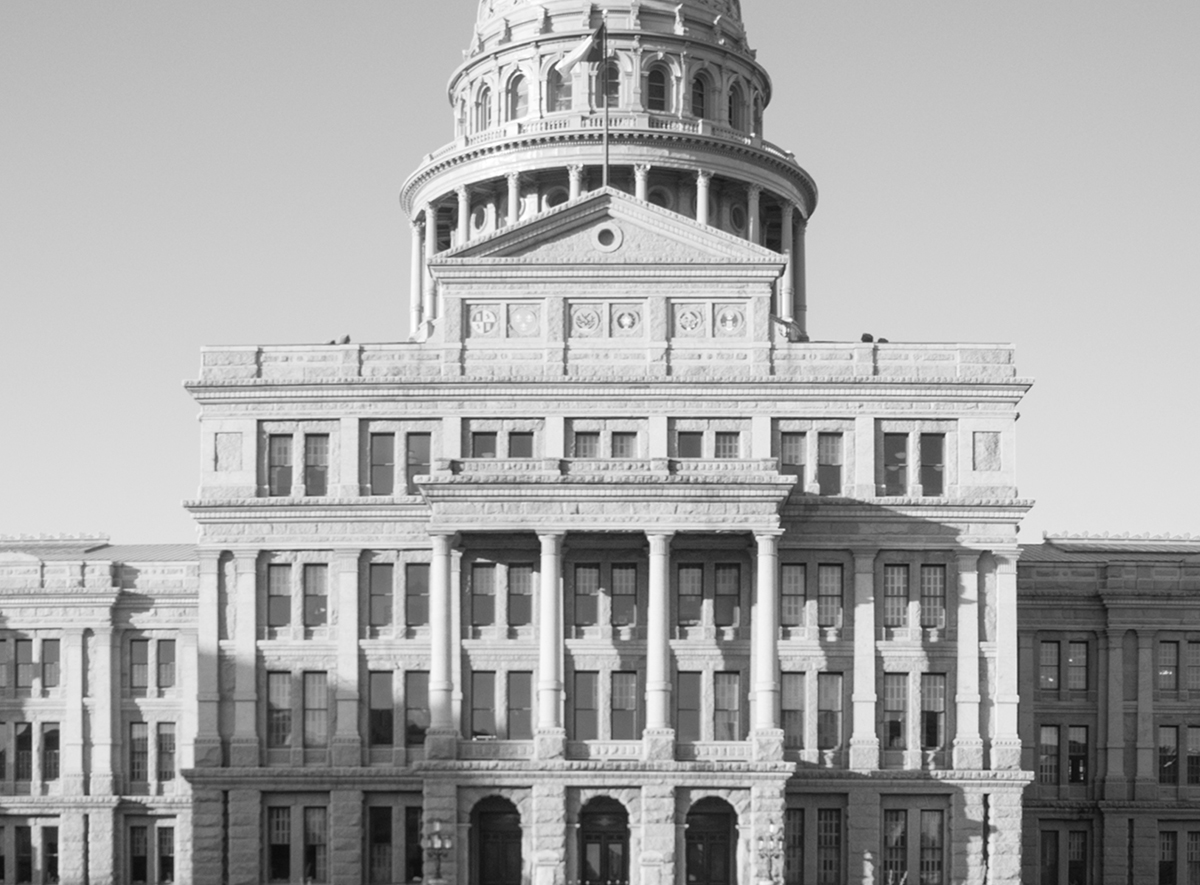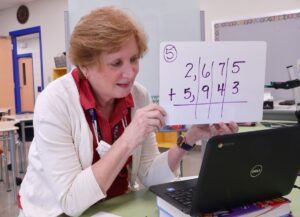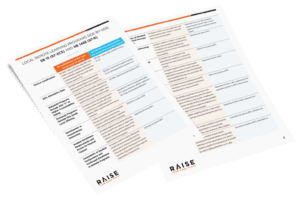
categories
Issues with Virtual Schools Resurface as School Year Starts

August 19, 2021
Like most Texans, educators were hoping for a relatively normal start to the school year.
But the explosive growth in Delta variant infections has increased demand for remote learning options, leaving schools scrambling because they don’t have the same funding options they did last school year.
Senate Bill 15, filed by Senator Larry Taylor during the second-called special session and passed by the Senate (similar to HB 30 filed by Rep. Keith Bell), provides funding for remote instruction to school districts. Without that continued state support, districts will have to divert federal stimulus dollars to basic educational services and away from getting students back on track academically.
The best place for most students to receive a high-quality public education is in person. But COVID is not over, and funding for remote options is still needed. Data show that student performance has declined precipitously during the pandemic, as evidenced by recent STAAR scores.

Another lesson learned over the past year and a half is the need to provide remote students with in-person options for certain services. Local districts should remain accountable for delivering both a quality and comprehensive education to all of their students. We mustn’t replicate the poor performance of statewide full-time virtual programs, which often enroll students hundreds of miles away with little accountability for results.
This is why Raise Your Hand supports the continuation of funding for remote instruction this school year and next. We believe there should be a thorough review of how Texas moves forward with remote and virtual instruction. The funding and remote instruction provisions in SB 15 should end in 2023, giving the Legislature the opportunity to review and act on the findings from the Commission on Virtual Education that are due out in December 2022.
During the regular session of the Texas Legislature, lawmakers came close to passing HB 1468 to authorize funding for districts and charters to provide virtual instruction to their students. That legislation died at the end of the session and has now largely been revived in SB 15 during the second-called special session. To help explain SB 15 as passed by the Senate and how it differs from the conference committee report from the regular session, we have put together a side-by-side document highlighting the differences and similarities between the two.
Local Remote Learning Programs Side-by-Side
SB 15 (87-2CS) and HB 1468 (87-R)




